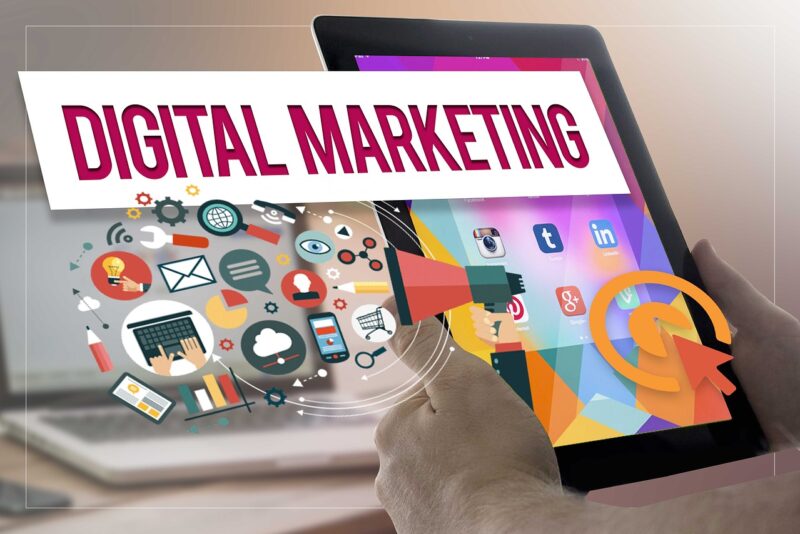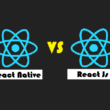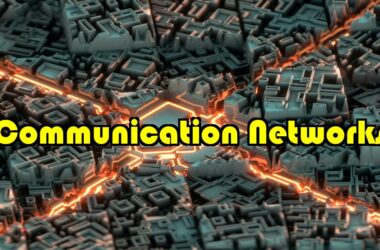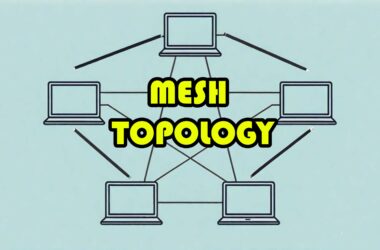The digital landscape is constantly evolving, and at the forefront of this change is artificial intelligence (AI). It’s no surprise then that AI is making significant waves in the world of digital marketing, transforming how businesses connect with their audiences and optimize their campaigns. From hyper-personalized experiences to data-driven insights, AI is redefining the marketing playbook, offering both exciting opportunities and challenges.
Personalized Customer Journeys
Imagine a world where every customer interaction is tailored to their unique needs and preferences. AI-powered tools are making this a reality. By analyzing vast amounts of data, including browsing behavior, purchase history, and social media interactions, AI can create highly personalized experiences. This can range from dynamic website content that adapts to individual users to targeted email campaigns and product recommendations. These personalized interactions foster deeper engagement, build stronger relationships, and ultimately drive conversions.
Enhanced Customer Engagement
Chatbots powered by AI are no longer clunky, scripted interactions. Today’s chatbots can understand natural language, answer questions intelligently, and even provide basic customer service. This allows businesses to offer 24/7 support, answer frequently asked questions, and even handle simple transactions – all without requiring human intervention. This not only improves customer satisfaction but also frees up valuable human resources for more complex tasks.
Also Read: What Is Network Security Key For Wi-fi
Predictive Analytics for Smarter Decisions
Data is the fuel of digital marketing, but analyzing it effectively can be overwhelming. AI steps in with its superpowers in data analysis. Predictive algorithms can sift through mountains of data to uncover hidden patterns, predict customer behavior, and anticipate future trends. This empowers marketers to make data-driven decisions, personalize campaigns further, and optimize their strategies for maximum impact.
Beyond Targeting: AI-powered Advertising
Gone are the days of mass, generic advertising. AI is making ad targeting incredibly precise. By analyzing user data and online behavior, AI can identify individuals most likely to be interested in specific products or services. This laser-focused approach ensures that ad spend is maximized, reaching the right audience at the right time with the right message. Additionally, AI can optimize ad campaigns in real-time, automatically adjusting bids and placements for better performance.
Content Creation & Curation at Scale
Creating high-quality content consistently can be a challenge. AI-powered tools are assisting marketers in this area by generating different creative formats, like blog posts, ad copy, and even social media content. While human oversight and editing are still crucial, AI can significantly accelerate the content creation process and provide valuable suggestions for improvement. Additionally, AI can curate existing content from various sources, personalizing it for different audiences and channels.
Also Read: How To Use Kenba: Unleashing the Power of Kotlin Development
The Human-AI Partnership
It’s important to remember that AI is not a replacement for human marketers. Its true power lies in augmenting human capabilities. By automating repetitive tasks and providing data-driven insights, AI frees up marketers to focus on strategic thinking, creative ideation, and building meaningful relationships with customers. The future of digital marketing lies in a harmonious collaboration between human expertise and AI’s analytical prowess.
Challenges and Ethical Considerations
As with any powerful technology, AI in marketing comes with its own set of challenges. Issues like data privacy, algorithmic bias, and the potential for job displacement need careful consideration. It’s crucial for businesses to adopt AI responsibly, ensuring transparency, fairness, and ethical use of data.
In Conclusion
The impact of AI on digital marketing is undeniable. From personalized experiences to data-driven insights, AI is transforming the industry, offering exciting opportunities for businesses to connect with their audiences more effectively and drive better results. However, it’s important to remember that AI is a tool, and like any tool, its effectiveness depends on responsible use and a human-centered approach. By embracing the power of AI ethically and strategically, businesses can navigate the ever-evolving digital landscape and achieve lasting success.









